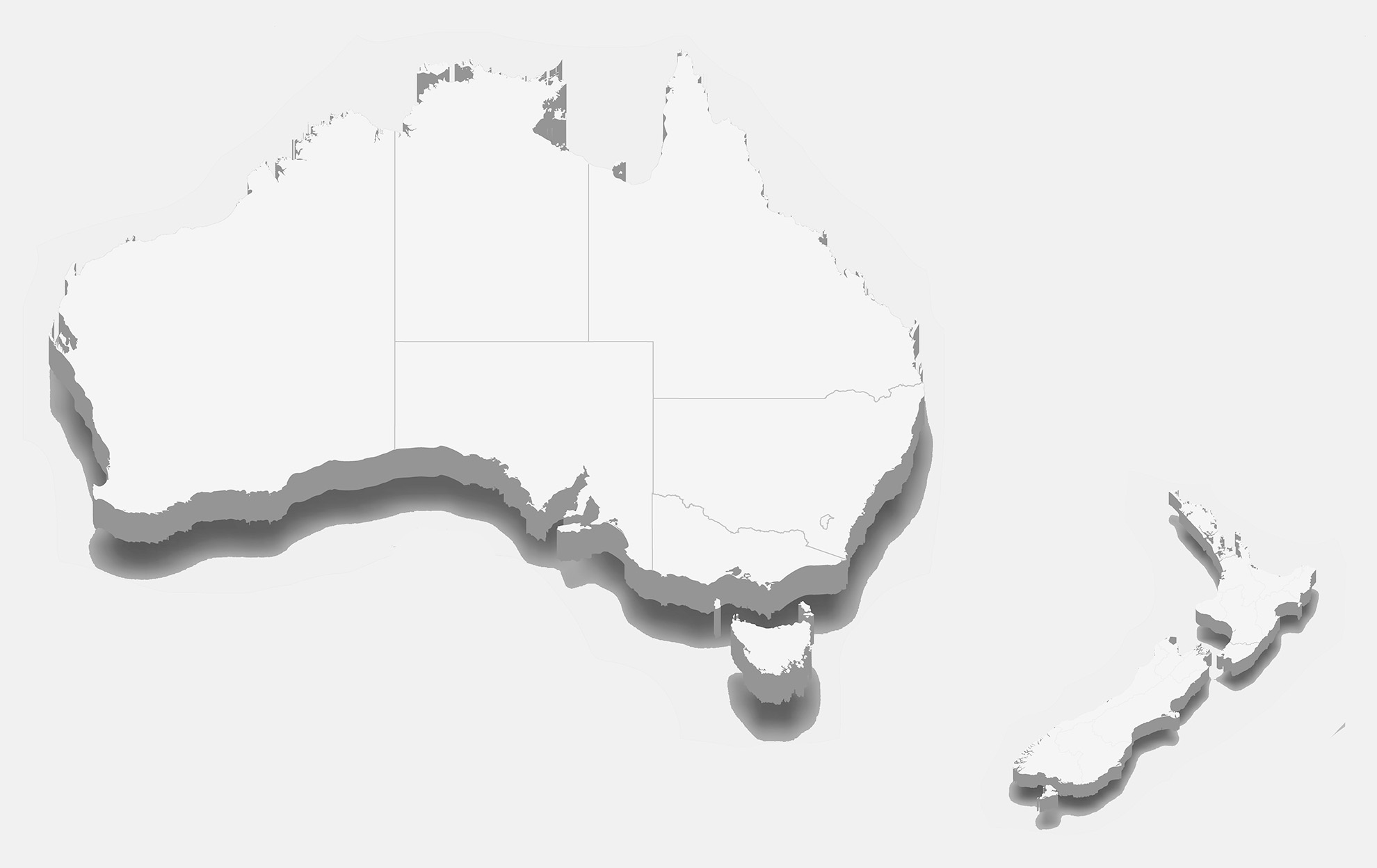
September Is Gynaecological Cancer Awareness Month
1 New Zealander dies every 48 hours from ovarian cancer, with the largest issue being late detection and the unnecessary stigma which surrounds women’s sexual reproductive health.
We can be honest about this and say a lot of the reason women’s reproductive organs are policed is because of the stigma that surrounds them. Draw comparison to Blue Ribbon Month, although an important cause, is ten times more well-known than Genealogical Awareness Month as somehow prostate health is seen as a medical issue, whereas ovarian cancer is seen as a woman’s issue.
New Zealand’s rates of Ovarian cancer are among the highest in the world, yet despite it being the leading cancer death in Kiwi women, the importance of that stat has seldom been made apparent.
This reluctance to talk about the female reproduction system is killing Kiwi women in silence. So, let’s get over ourselves here for a second;
Ovaries, vagina, uterus, cervix, vulva.
Now that’s out of the way, we need to widen the discussion of the five types of ovarian cancer, much like we did with breast cancer and driving that awareness. Breast cancer used to have a similar outlook but now thanks to incredible advocacy, large-scale fundraising and an immense amount of research the breast cancer’s 10-year survival rate is 75 percent if a lump is the first sign or 92 percent if detected via a regular mammogram.
Cervical screening is necessary, yet unfortunately, due to lack of funding and technology advancements, it doesn’t pick up everything. Yet they can pick up several irregularities within the Cervix, and cervical cancer is preventable yet is still the second biggest cancer killer of Māori wahine in New Zealand.
As vagina owners, we should be advocating for better support, better funding and urgent research that could one day save our lives, or the lives of our family and the lives of hundreds of women.
These statistics are gut-wrenching, and they should piss you off. Because of the hushed silence of our reproductive organs, there have been thousands of unnecessary deaths.
Talk Peach is a New Zealand-based Genealogical awareness platform and is run by ovarian cancer survivors. Tash Crosby, founder of Talk Peach, says they are desperate to break down the stigma stopping life-saving conversations.
“In 10 years I don’t want to see that nothing has changed I can’t bear to see more and more women dying of something they never heard of, never knew the signs of or that no one cared to research for, it breaks my heart EVERY single day receiving messages from those needing support and feeling like they got the cancer no one gives a shit about or is too scared to speak up about.”
“September is Gynaecological Cancer Awareness month, for years this has crept past without a whisper, stigma plays a part, and so does the fact that we don’t have the army of survivors to match the streets and fundraise, to put it bluntly, we are all dying. With ovarian cancer women like me don’t live long enough to form the army of advocates that our breast cancer whanau have done so incredibly.”
So to celebrate Gynaecological Cancer Awareness month this is what you need to do.
1) Get tested. No matter your age or background, cancer does not discriminate
2) Educate yourself.3) Donate. Talk Peach is one of the only ovarian cancer advocate groups that are trying to bring this support more into light.







